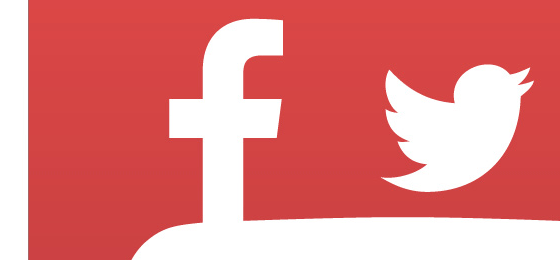Explaining science: Short, colourful, and irreverent

In the digital sphere, people tell research stories differently. Popular posts in the digital village can reach several million readers.
(From "Horizons" no. 107, December 2015)
Who explains science? New science channels are being established on the Internet, in blogs and social media, and they are reaching the younger generation through the mainstream media’s back door, as it were. These channels are often run by newcomers and scientific amateurs with personal passions for their topics and a sure feeling for how the attention economy functions. The Net loves the easily digestible products of laboratories and classrooms – unbelievable experiments, crazy scientists, cute biology and jokes about chemical bonding.Consequently, there’s a vigorous debate going on today about whether this is an opportunity for ‘real’ science, or a threat to it. One way or another, future generations are automatically going to be given a more open picture of what science is about. Here we offer three sketches of science communicators typical of the scene.
The Facebook phenomenon
Elise Andrew
26 years old
Midland, Canadafacebook.com/IFeakingLoveScience
22 million likes
The explainer
Philipp Dettmer, 29 years old
Munich, Germany,youtube.com/Kurzgesagt
Blogging and slamming
André Lampe
35 years old
Berlin, Germanyscienceblogs.de/diekleinendinge/